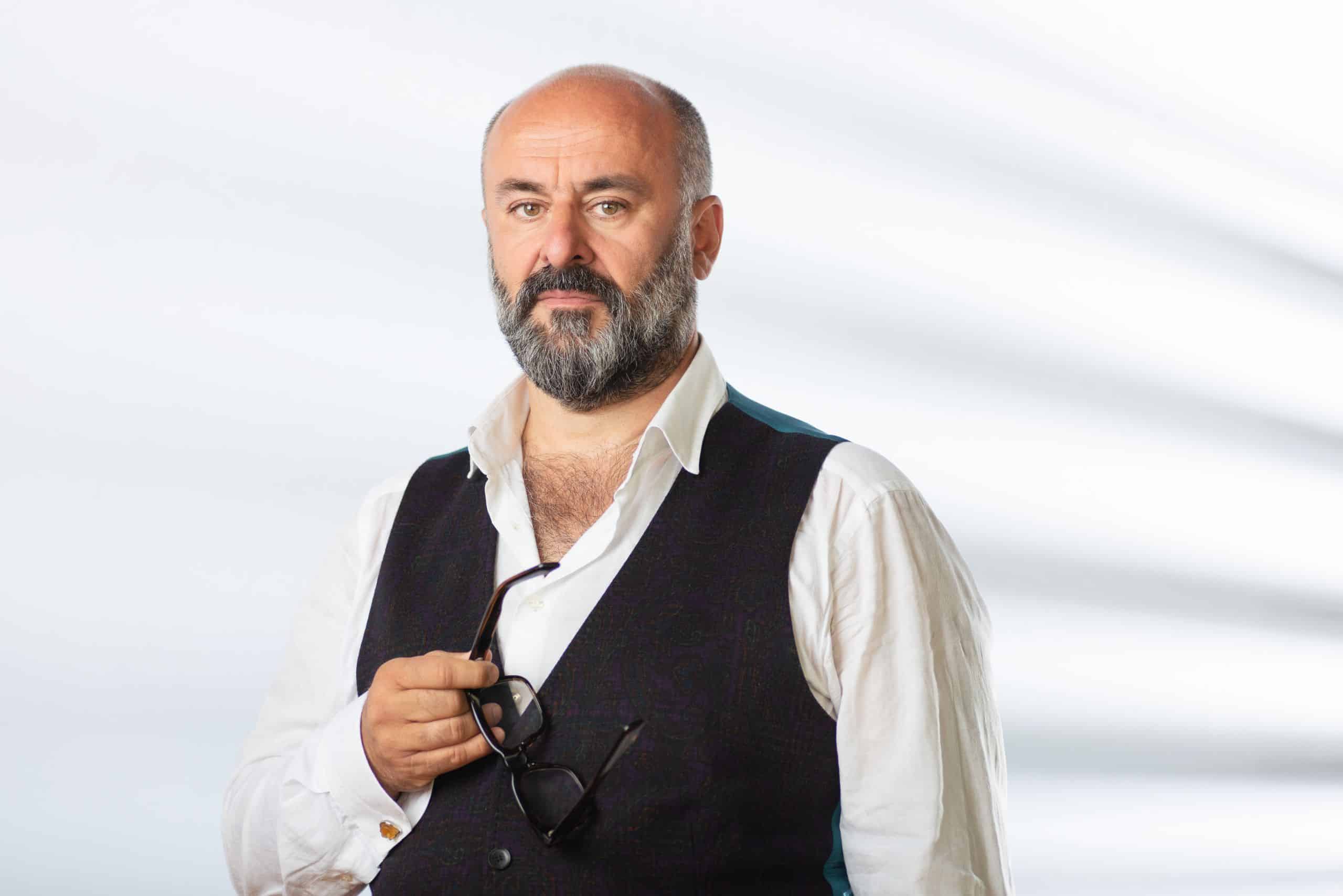What J S Bach stole from Italians
Daily Comfort ZoneFrom our contributor Daniel Poulin:
The Oboe Concerto in D minor, S D935, is an early 18th-century concerto for oboe, strings and continuo attributed to the Venetian composer Alessandro Marcello. The earliest extant manuscript containing Johann Sebastian Bach’s solo keyboard arrangement of the concerto, BWV 974, dates from around 1715. Bach’s keyboard version was published as an arrangement of a concerto by Antonio Vivaldi in the 19th century. In 1923 the C minor version of the oboe concerto was published as a composition by Benedetto Marcello, Alessandro’s brother. In the second half of the 20th century several publications indicated Alessandro again as the composer of the piece, as it had been in its early 18th-century print, and the oboe concerto was again published in its D minor version. In the 20th and 21st centuries the concerto developed into a well-established repertoire piece, as well as an oboe concerto as performed on keyboard.
Bach’s autograph of the solo keyboard arrangement is lost, but the arrangement was copied around 1715 by Bach’s second cousin Johann Bernhard, as the third item in a manuscript containing 12 of Johann Sebastian’s keyboard transcriptions of Italian and Italianate concertos.
One of the unfinished Gould projects in the cards of Columbia records was the Italian album of Bach’s original and/or transcriptions of works in the Italian style. The Marcello Oboe Concerto was obviously featured in the list. Gould recorded it in 1979 and he was also planning to re-record the Italian Concerto, which he did in 1981. That version is also partly available on YouTube (First & Second Movements). The tempo of the first movement is identical to the original (1959) version while the Adagio is much slower and quite heavy. Gould was planning to redo the editing according to notes found in his personal to-do list. “Check Italian” was simply written. He was hoping to do so a week after his death.
Concerto in D minor after Marcello, BWV 974
I. (without tempo indication) 2’25”
II. Adagio 4’47”
III. Presto 2’39”
Recorded in Toronto on June 11/1979






There is far more nuance to this story, Norman.
Stolen is not the correct word here. At that time in musical history, to have one’s musical work transcribed or indeed used by a composer of far greater ability, was regarded as a compliment.
I don’t think anybody at the time, perhaps including J.S.Bach himself, considered Bach a greater composer than Antonio Vivaldi. Indeed, Bach is said to have learnt how to ‘think musically’ by studying and transcribing Vivaldi’s concertos.
And of course ‘stolen’ is the wrong word for what Bach was doing in his Weimar days (though Handel might have some questions to answer).
Try Bach’s cantata BWV 1083 Tilge, Höchster, meine Sünden. It’s just Pergolesi’s Stabat Mater, with a re-done orchestra and new words omitting Mary.
Many English composer stole from the Italians. Cooper even changed his name to Cooperario to sound more Italian.
The piano playing in that video is awful: hard, spiky, angry, dry, without any of the elegance of the style.